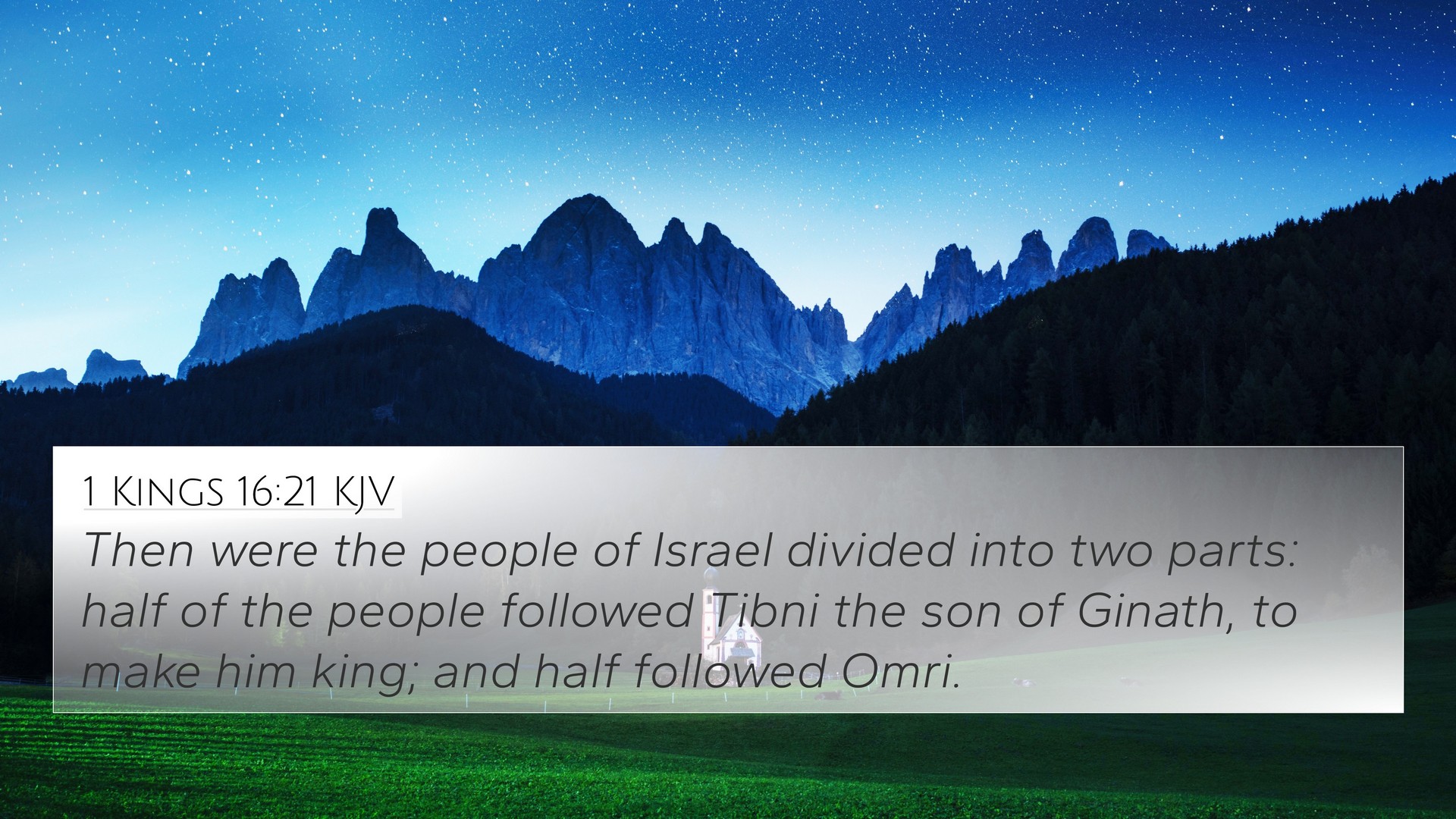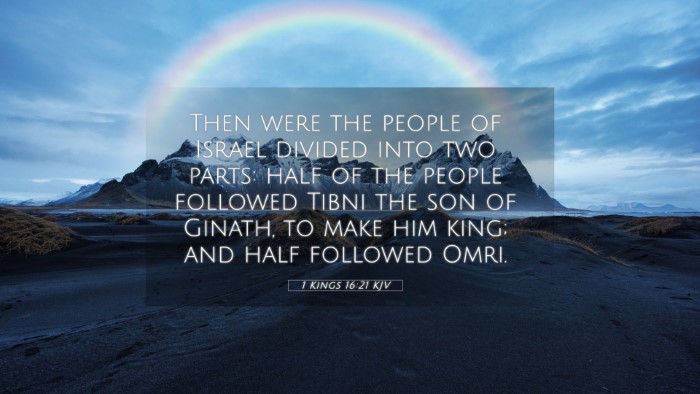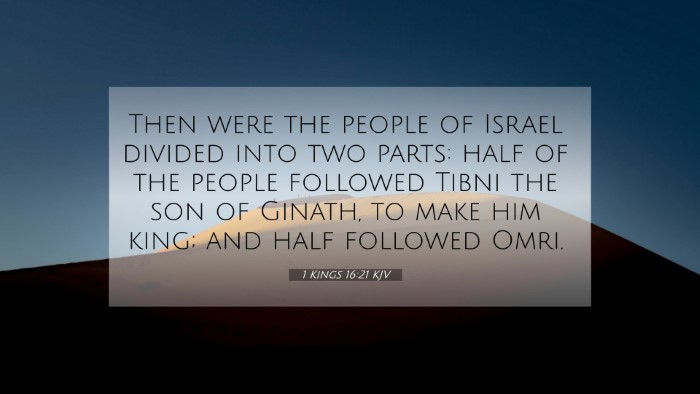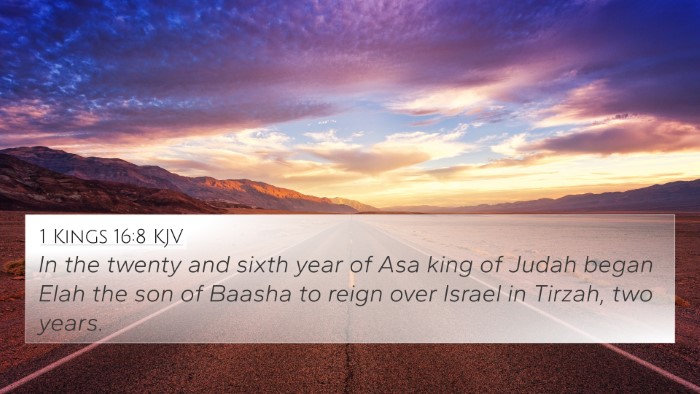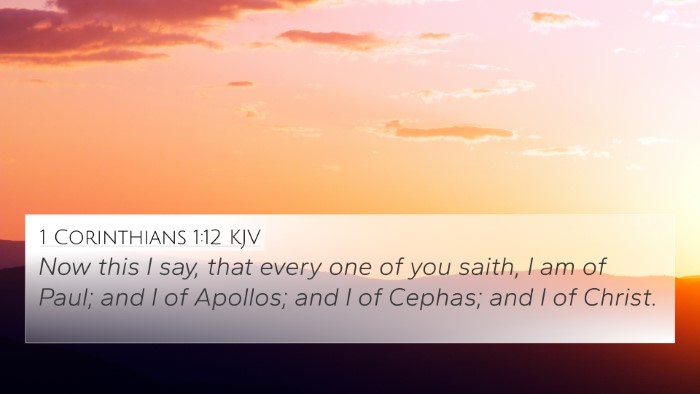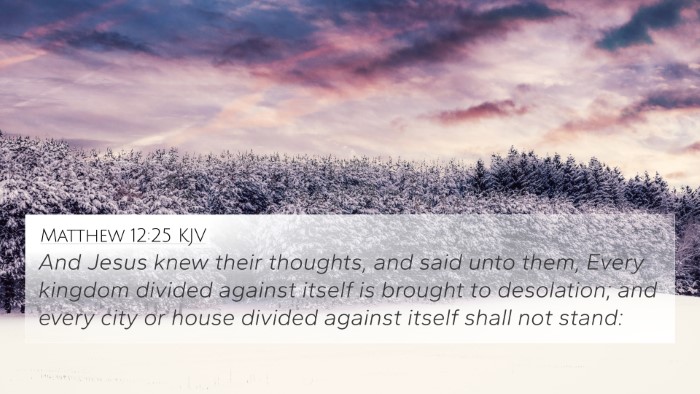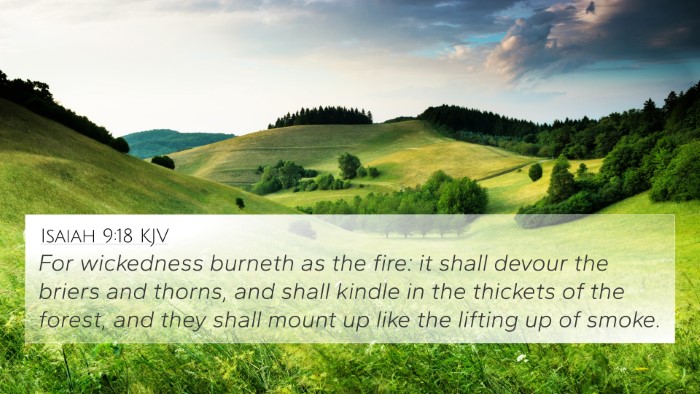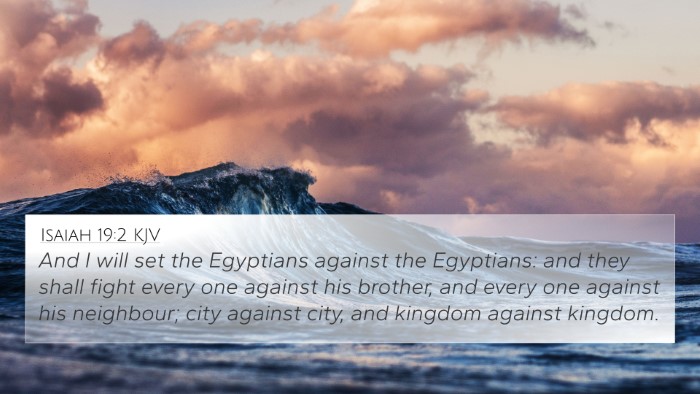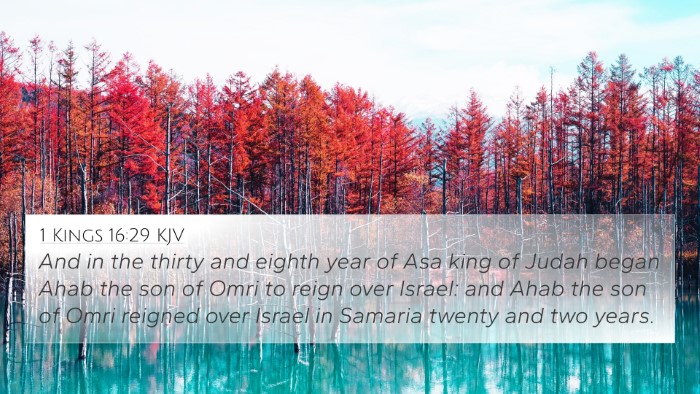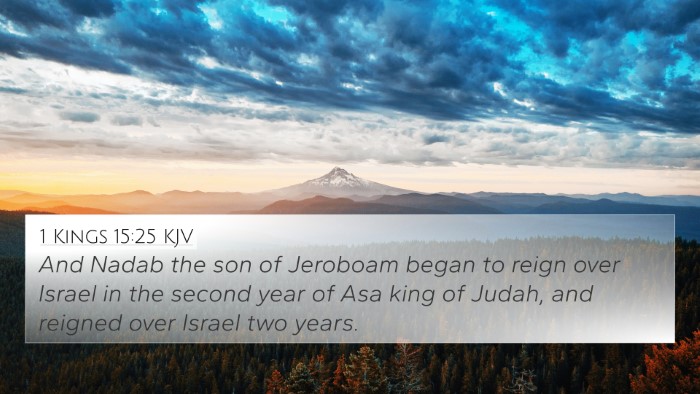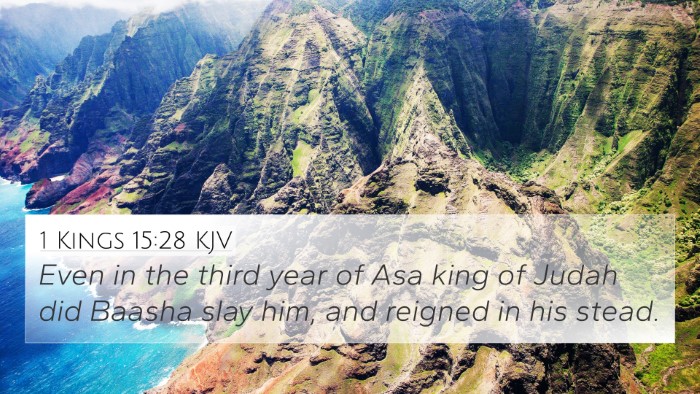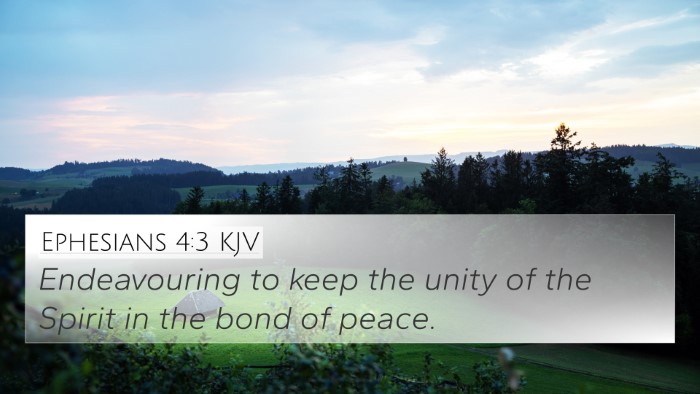Understanding 1 Kings 16:21
Bible Verse: 1 Kings 16:21 - "Then were the people of Israel divided into two parts: half of the people followed Tibni the son of Ginath, to make him king; and half followed Omri."
Summary of Meaning
This verse captures a pivotal moment in the history of Israel during the reign of King Asa, highlighting the division among the people regarding leadership. The conflict between Omri and Tibni represents not just a struggle for power but also the broader implications of loyalty, governance, and the role of divine sovereignty in the affairs of men.
Key Themes and Insights
- Division and Conflict: The verse highlights the division within the nation, reflecting on how political disagreements can lead to significant social unrest.
- Leadership Challenges: The choice between Tibni and Omri represents the complexities of leadership, illustrating that not all leaders align with God's will.
- Divine Providence: Although the people made their choice, God's ultimate plan unfolds through the consequences of their decisions.
Commentary Insights
Matthew Henry: Henry emphasizes that division in Israel was a significant consequence of poor leadership. The nation struggled not only with political strife but also with the spiritual repercussions of having a divided allegiance.
Albert Barnes: Barnes notes the stark implications of the split among the Israelites. He interprets this division as a reflection of Israel's moral decline and the consequences of their turning away from God. The struggle for kingship serves as a backdrop for understanding Israel’s spiritual state.
Adam Clarke: Clarke points to the historical context of the civil war between Omri and Tibni, elaborating on the socio-political factors at play. He emphasizes that the tension in leadership choices represents the people's departure from unified faith in God, which should be their primary allegiance.
Cross-References for Deeper Understanding
This verse connects with several other passages that illuminate its themes of division and leadership:
- 1 Samuel 8:5: The people demand a king, showing early signs of their desire for human leadership over divine guidance.
- 1 Kings 12:16: The division of the kingdom underscored at Jeroboam's rebellion against Rehoboam.
- 2 Chronicles 20:20: The importance of trusting in the Lord during times of conflict and division.
- James 1:8: A double-minded man is unstable in all his ways, reflecting the consequences of divided loyalties.
- Matthew 12:25: A house divided against itself cannot stand, echoing the futility of internal strife.
- Proverbs 29:2: Righteousness in leadership leads to joy for the people, while wickedness brings sorrow and division.
- Romans 12:18: As much as is possible, live in peace with all men, emphasizing the need for unity.
- Philippians 2:2: Encourage unity among believers, relevant in understanding the importance of collective purpose.
- 1 Corinthians 1:10: The call for unity among church members parallels the need for cohesion in the nation of Israel.
- Galatians 5:15: Warning against devouring one another, which captures the essence of conflict that arises from division.
Application of the Verse
As modern readers reflect on 1 Kings 16:21, we see the relevance of its message in contemporary contexts:
- Political Context: Just as Israel faced division, communities today may grapple with internal conflict. It encourages the pursuit of unity in decision-making.
- Spiritual Leadership: The passage calls attention to the importance of seeking leaders who align with God’s principles rather than human desires.
- Moral Accountability: The verse serves as a reminder that our choices have consequences, both individually and collectively, in our walk of faith.
Conclusion
1 Kings 16:21 invites us into a deeper understanding of the struggle between leaders in Israel, emphasizing the implications of division, the importance of spiritual integrity, and the need for unity among the people of God. By examining cross-references and related themes, individuals can better appreciate the text's rich connections and apply its lessons to their lives.
